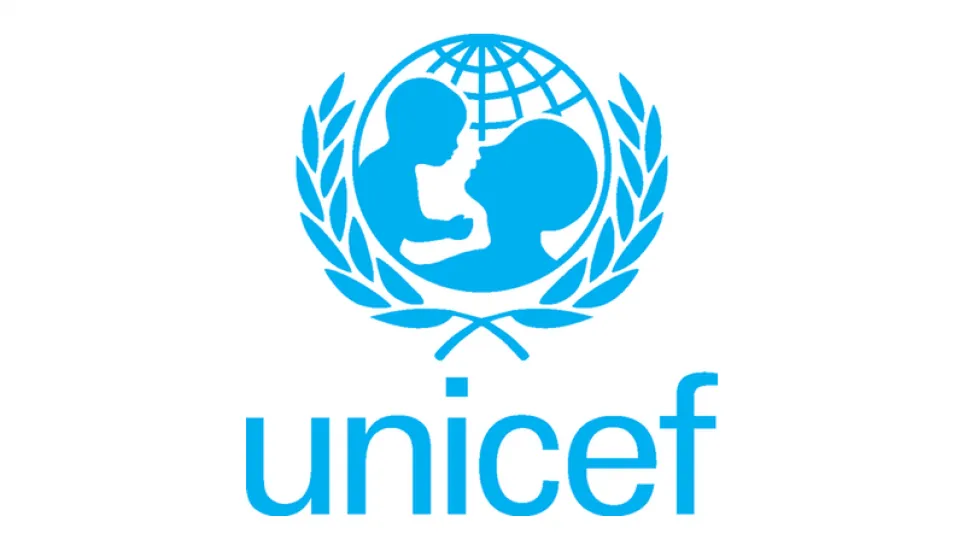
Ibrahim Hossain Ovi
The United Nations International Children's Emergency Fund has called for removing barriers and simplifying the process of acquisition, manufacture and distribution of COVID-19 vaccines globally.
UNICEF executive director Henrietta Fore made the call in a statement issued on Tuesday.
“In a little over a year, the world’s scientists, businesses, governments, philanthropists and multilateral institutions rallied and did the unthinkable. They created vaccines to fight a virus that had brought the world to a standstill. And they tested, transported and began to administer those vaccines safely and in record time. This is nothing short of astounding, “said a statement of UNICEF.
“But the fight is not yet over. Variants are emerging all over the world, and with each, the risk of a massive global setback,' she said.
“At the current rate, there is simply not enough vaccine supply to meet demand. And the supply available is concentrated in the hands of too few. Some countries have contracted enough doses to vaccinate their populations several times, while other countries have yet to receive even their first dose. This threatens us all. The virus and its mutations will win,” said Henrietta.
“We must build on a strategy of vaccinating frontline workers but drive towards a strategy that truly enables equitable access for all. We urge governments, businesses and partners to take three urgent actions," said the UNICEF executive director.
In the given context, the UNICEF called for simplifying Intellectual Property Rights through voluntary and proactive licensing by IPR holders.
Since this alone won’t increase production and vaccine production involves a complex manufacturing process with multiple components, it called for providing technology partnerships to accompany intellectual property licenses, proactively share know-how and sub-contract to manufacturers without undue geographic or volume restrictions.
This challenge requires not forced intellectual property waivers but proactive partnership and cooperation.
Recent manufacturing partnerships such as Pfizer-BioNtech; AZ-SII, J&J- Merck and J&J-Aspen are encouraging examples. UNICEF urges others to follow suit, to increase the scale and geographic diversity of manufacturing capacity.
“While markets alone can’t guarantee innovation benefits all, voluntary licensing, pooled funds and multilateral mechanisms such as COVAX are an effective and realistic way for product developers and manufacturers to collaborate, innovate, and encourage equitable access, said UNICEF.
Governments that have contracted to receive more ‘future doses’ than required to vaccinate their entire adult populations this year, should immediately loan, release or donate most or all excess contracted doses for 2021 to COVAX, so they can be allocated equitably among other countries.
“In addition, countries with a sufficient, current supply of manufactured doses should consider donating at least 5 per cent of their available manufactured doses right away, and commit to making further contributions on a continued, rolling basis throughout the year, scaling up their contributions in line with rising supply, said the UN body.
Confirming these dose-sharing commitments now will enhance predictability, accelerate equitable access, and help stabilize the global vaccine market, it adds.
io/aj